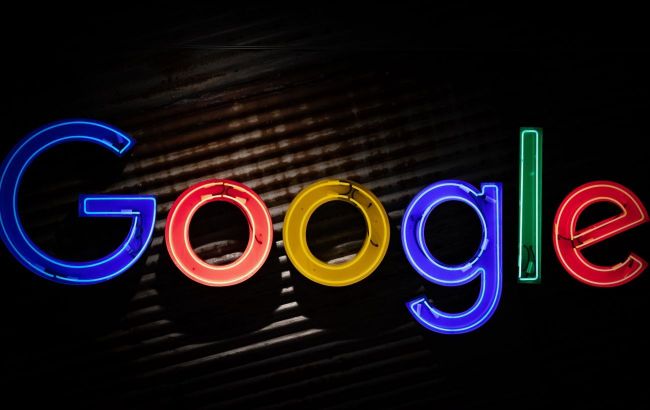Google to pay $5 bln to settle lawsuit over Incognito user tracking
 Google to pay $5 bln to settle lawsuit over Incognito user tracking (Getty Images)
Google to pay $5 bln to settle lawsuit over Incognito user tracking (Getty Images)
Google faced a legal suit in 2020 that it unlawfully monitored the activities of Chrome users, even when they were in Incognito mode. The company has now opted for a settlement, paying $5 billion in damages, according to Reuters.
The specifics of the settlement remain undisclosed, but both parties have reached an agreement, pending court approval scheduled for February.
Details of the lawsuit
The lawsuit was initiated by plaintiffs who said that Google utilized various tools, including its Analytics product, apps, and browser plug-ins, to track users. They argued that by monitoring users being in Incognito mode, Google misled them into believing they had control over the information shared. They said Google turned into an "unaccountable trove of information" as the company knows about their shopping habits, friends, favorite foods, hobbies, and "potentially embarrassing things" they search online.
Google had previously stated that while Incognito mode didn't control user activity on the device, websites could still gather information during the session.
Internal emails presented by the suers demonstrated conversations among Google executives, indicating the company's monitoring of Incognito browser usage for advertising and web traffic tracking. The legal complaint accused Google of violating federal wiretapping and California privacy laws, seeking up to $5,000 per affected user. The plaintiffs argued that millions of people who had used Incognito since 2016 were likely impacted, justifying the substantial damages sought.
Recently, we reported that Google announced the beginning of its highly expected initiative to phase out internet cookies, set to start on January 4, 2024. Google's Privacy Sandbox project seeks to replace cookies with alternative tracking tools that Google asserts are more privacy-protected.

